1. Meine Freundin, du bist schön: Meine Freundin, du bist schön
Composer: Johann Christoph Bach
Artist(s): Bart Naessens, BachPlus
2. Meine Freundin, du bist schön: Ciacona: Mein Freund ist mein
Composer: Johann Christoph Bach
Artist(s): Bart Naessens, BachPlus
3. Meine Freundin, du bist schön: Wo ist dein Freund
Composer: Johann Christoph Bach
Artist(s): Bart Naessens, BachPlus
4. Meine Freundin, du bist schön: Ich habe meine Myrrhen
Composer: Johann Christoph Bach
Artist(s): Bart Naessens, BachPlus
5. Meine Freundin, du bist schön: Esset meine Lieben
Composer: Johann Christoph Bach
Artist(s): Bart Naessens, BachPlus
6. Meine Freundin, du bist schön: Das gratias das singen wir
Composer: Johann Christoph Bach
Artist(s): Bart Naessens, BachPlus
7. Bone Jesu, care Jesu, ne me tu desere
Composer: Johann Kuhnau
Artist(s): Bart Naessens, BachPlus
8. Konzert für Cembalo, BWV 1057: I. Allegro
Composer: Johann Sebastian Bach
Artist(s): Bart Naessens, BachPlus
9. Konzert für Cembalo, BWV 1057: II. Andante
Composer: Johann Sebastian Bach
Artist(s): Bart Naessens, BachPlus
10. Konzert für Cembalo, BWV 1057: III. Alegro assai
Composer: Johann Sebastian Bach
Artist(s): Bart Naessens, BachPlus
11. Gottes Zeit ist die allerbeste Zeit, BWV 106: Sonatina, molto adagio
Composer: Johann Sebastian Bach
Artist(s): Bart Naessens, BachPlus
12. Gottes Zeit ist die allerbeste Zeit, BWV 106: Gottes Zeit ist die allerbeste Zeit
Composer: Johann Sebastian Bach
Artist(s): Bart Naessens, BachPlus
13. Gottes Zeit ist die allerbeste Zeit, BWV 106: Ach Herr – Bestelle dein Haus – Es ist der alte Bund
Composer: Johann Sebastian Bach
Artist(s): Bart Naessens, BachPlus
14. Gottes Zeit ist die allerbeste Zeit, BWV 106: In deine Hände – Heute wirst du mit mir
Composer: Johann Sebastian Bach
Artist(s): Bart Naessens, BachPlus
15. Gottes Zeit ist die allerbeste Zeit, BWV 106: Glorie, Lob, Ehr und Herrlichkeit
Composer: Johann Sebastian Bach
Artist(s): Bart Naessens, BachPlus

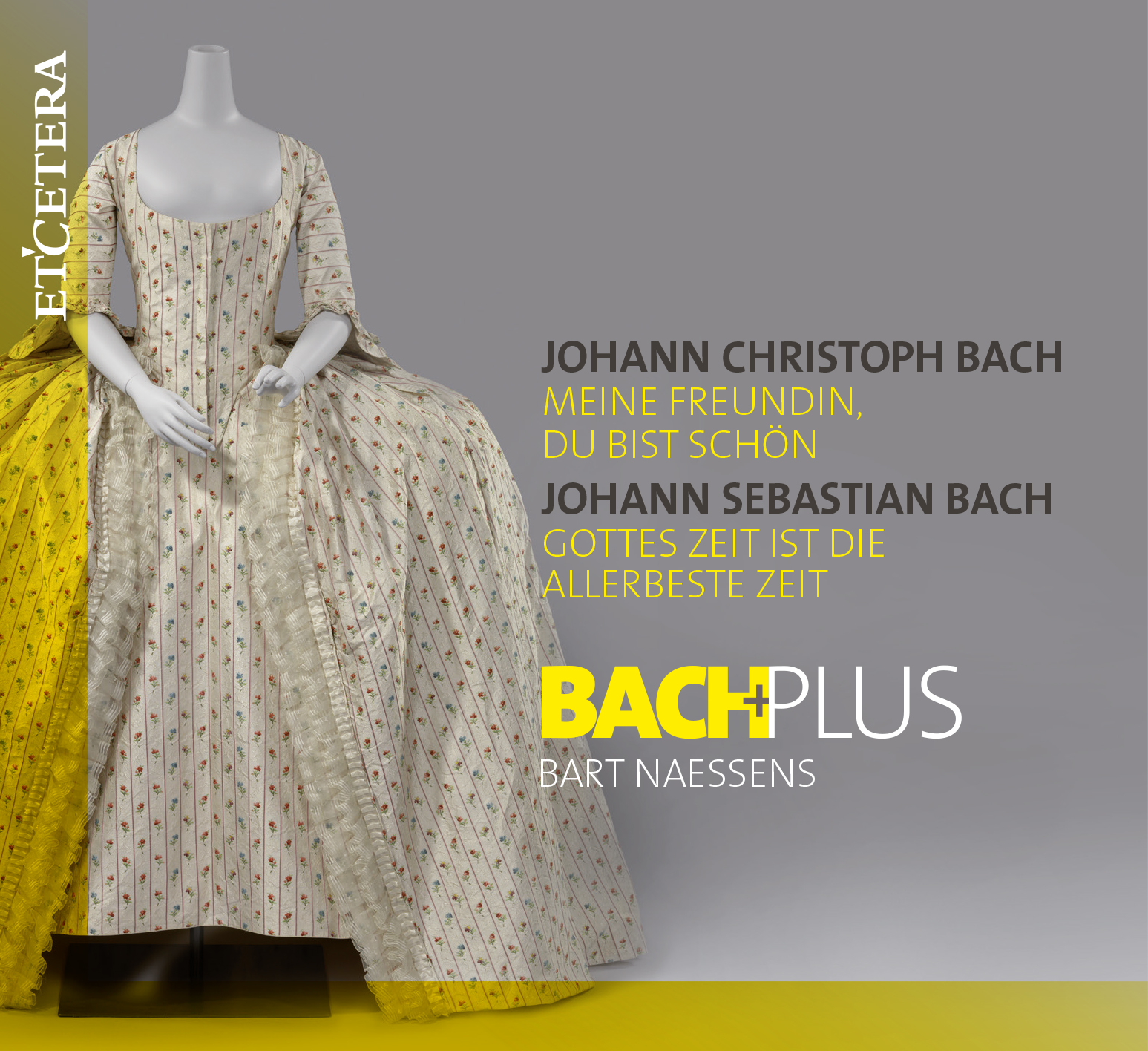
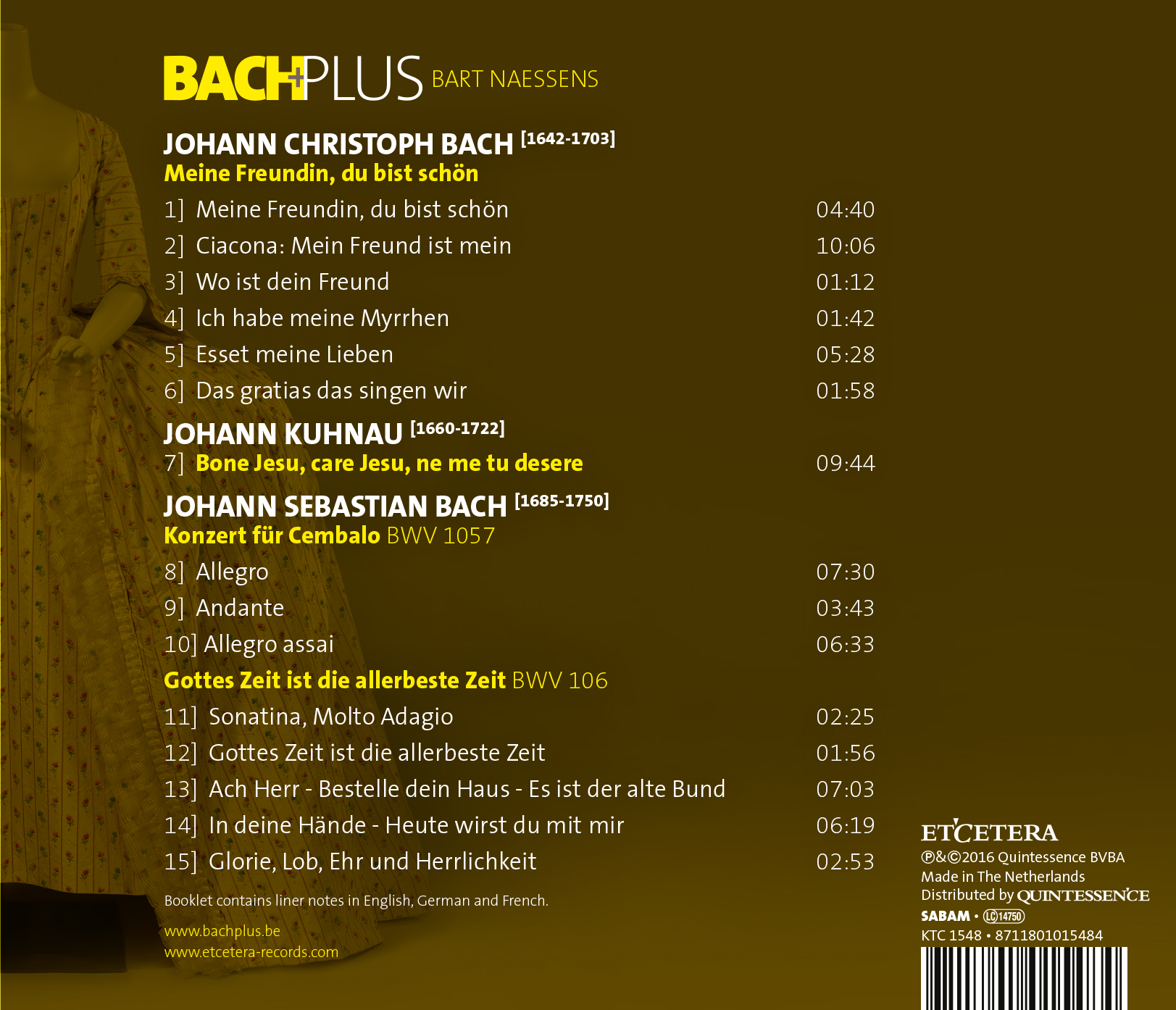

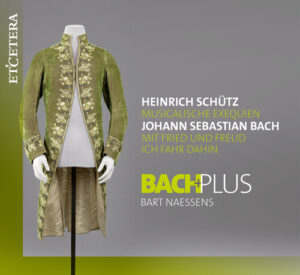
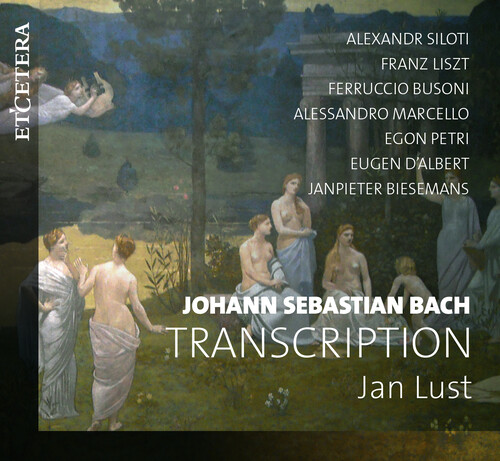
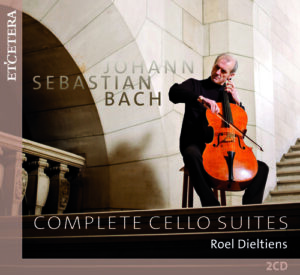
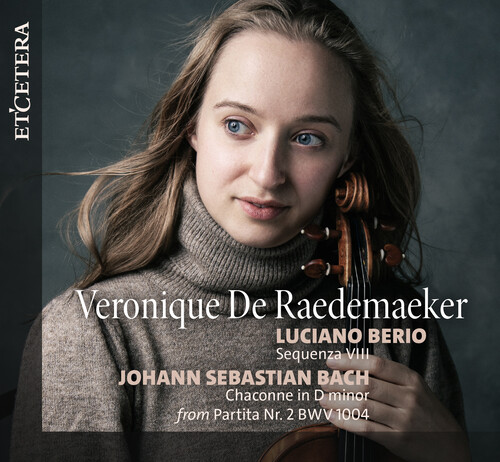
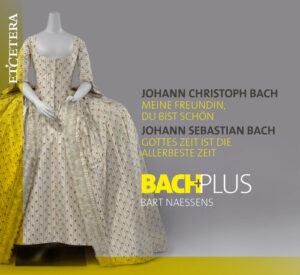
Reviews
There are no reviews yet.